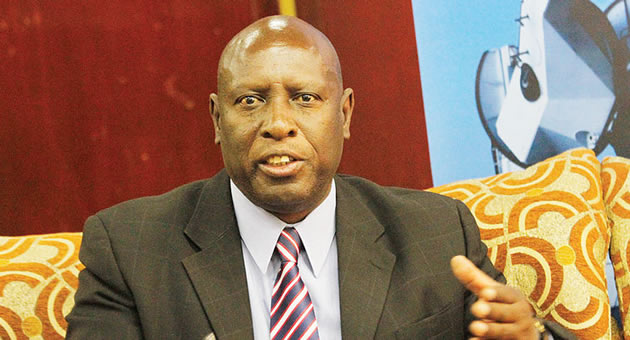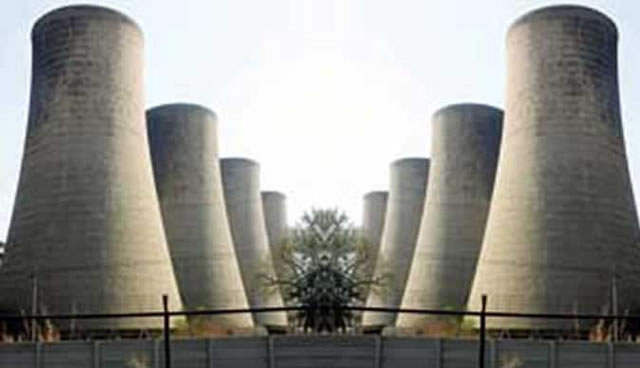Winter power demand triggers increased outages

Business Reporter
|THE Zimbabwe Electricity Transmission and Distribution Company (ZETDC) has warned consumers of increased power cuts of up to nine hours twice per day during the winter season after demand for electricity rose to 1,800 MW against average output of 1,300MW.The power utility has crafted a schedule in which consumers countrywide will be put under load shedding at morning peak (5AM to 1PM) and evening peak (1PM to 10PM).
It, however, gave reprieve to essential services that include major referral hospitals, water and sewer installations, national security establishments, major airports and broadcasting stations and central business districts.
In the load shedding schedule issued yesterday, ZETDC pledged additional support to winter wheat irrigation for the 2015 season.
Zimbabwe’s seasonal peak power demand occurs during the winter months of June and July with the power utility saying it expects maximum demand to average 1,800MW.
ZETDC would not rule out interruption of supplies due to suppressed generation capacity by local plants and general deficit in the entire region.
“To this end, Zesa is putting in place measures to boost power generation and reduce consumption in order to minimise load shedding. All non-essential loads and appliances should be switched off at all times. Non-essential lights and office equipment should be switched off overnight. Accordingly load shedding will be carried out . . . consumers are being called upon to play their part in reducing demand by using the available power sparingly,” said ZETDC.
As of Thursday, Zimbabwe Power Company (ZPC) was producing 1,301MW, with the hydroelectric Kariba Power Station generating 662MW against an installed capacity of 750MW while Hwange thermal power station was producing 546MW against installed capacity of 920MW.
The utility’s small thermal power stations — Bulawayo, Harare and Munyati — are producing 35MW, 30MW and 28MW, respectively, against installed capacity of 75MW, 90MW and 100MW.
Zimbabwe also imports power from Hydro Caborra Bassa of Mozambique but supply remains too low to meet demand.
Of late, winter wheat farming has been hampered by intermittent and expensive power supplies to the farms and lack of subsidies from government to support wheat farming.
The Zimbabwe Commercial Farmers’ Union president, Wonder Chabikwa, said due to lack of subsidies on electricity for winter wheat farming, the farmers were paying 0,166 cents per kilowatt hour, a figure that he said was uncompetitive compared to 0,004 cents per Kw/h paid by consumers in other countries in the region such as Zambia.
Zimbabwe, which requires between 200,000 tonnes and 350,000 tonnes of wheat annually has of late been forced to import the crop due to low production.











Comments